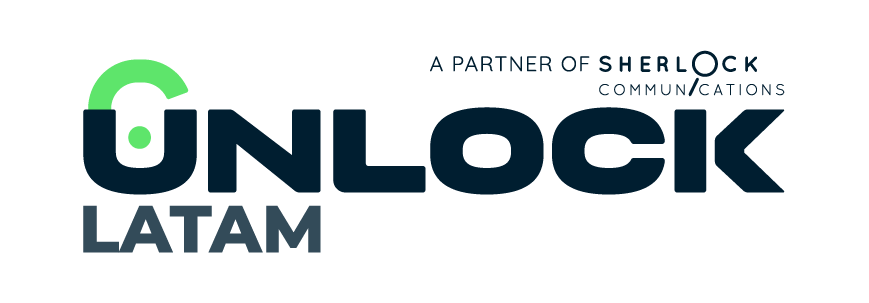Regulations Every SaaS Company Should Know in 2025
The regulatory landscape for Software-as-a-Service companies has never been more complex. As digital transformation accelerates across Latin America and globally, understanding SaaS regulations 2025 becomes critical for companies expanding into new markets that face an intricate web of data protection laws, security requirements, and industry-specific mandates. The stakes are higher than ever, with non-compliance potentially resulting in millions in fines and irreparable brand damage.
Global Data Protection Framework Evolution
The foundation of modern SaaS regulations 2025 rests on comprehensive data protection frameworks that have matured significantly. GDPR continues to set the gold standard, but its influence now extends far beyond European borders.
Companies must navigate not only the original GDPR requirements but also its interpretations and enforcement variations across different jurisdictions. The regulation demands explicit consent for data processing, robust security measures, and clear user rights regarding their personal information.
Recent enforcement trends show authorities are becoming increasingly aggressive in pursuing violations. SaaS regulations 2025 enforcement has reached unprecedented levels, with fines making compliance a business-critical priority rather than a checkbox exercise.
Latin American Data Protection Requirements

Latin America presents a particularly complex regulatory environment, with countries like Brazil, Mexico, Colombia, and Argentina implementing comprehensive data protection frameworks that vary significantly in their approaches and enforcement mechanisms. Brazil’s LGPD mirrors many GDPR principles but includes unique local requirements, such as the appointment of Portuguese-speaking Data Protection Officers and specific breach notification procedures tailored to Brazilian authorities.
Mexico recently updated its Federal Law on Protection of Personal Data, introducing stricter consent requirements and enhanced individual rights that apply to any company processing Mexican residents’ data. Colombia holds data processors to controller-level standards, creating additional compliance burdens for SaaS companies operating in the region.
United States Privacy Regulations Landscape
On the other hand, the CCPA has fundamentally shifted the U.S. privacy landscape, creating GDPR-like requirements for companies serving California residents. Virginia, Colorado, and Connecticut have followed with their own comprehensive privacy laws, creating a complex compliance matrix for SaaS companies.
HIPAA remains critical for healthcare-related SaaS solutions, while financial services face SOX compliance requirements. The regulatory landscape continues evolving rapidly, with new federal legislation under consideration that could impact SaaS operations.
Industry-Specific Compliance Standards
SOC 2 and Security Frameworks
SOC 2 Type II compliance has become table stakes for enterprise SaaS companies. The framework evaluates security, availability, processing integrity, confidentiality, and privacy controls over an extended period.
Organizations must demonstrate continuous monitoring and improvement of their security posture. The certification process involves rigorous third-party audits and ongoing compliance maintenance requirements.
ISO 27001 provides a comprehensive information security management system framework. Many international clients now require this certification as a prerequisite for vendor relationships.
Financial and Healthcare Regulations
PCI DSS compliance is mandatory for any SaaS platform processing credit card information. The requirements span network security, data protection, and regular security testing protocols.
HIPAA compliance extends beyond traditional healthcare providers to include any technology vendor handling protected health information. Business associate agreements and comprehensive risk assessments are essential components.
Building a Comprehensive Compliance Strategy
Successful SaaS regulations 2025 compliance requires a proactive, integrated approach that goes beyond reactive policy implementation. Companies must embed compliance considerations into their product development lifecycle from the earliest stages, while risk assessment frameworks should evaluate regulatory requirements across all target markets simultaneously to prevent costly redesign efforts.
Regular compliance audits and monitoring systems enable continuous improvement and rapid response to regulatory changes. Cross-functional teams, including legal, engineering, and business stakeholders, ensure a comprehensive understanding and implementation of regulatory requirements across all organizational levels.
Navigate Complex Regulations with Expert Support
Navigating SaaS regulations 2025 while expanding into Latin American markets requires specialized expertise and local market knowledge. Working with experienced compliance partners provides access to deep regulatory knowledge and proven implementation frameworks that reduce risk while accelerating time-to-market in new jurisdictions.
At Unlock Latam , our team understands the intricate regulatory landscape across Latin America and can guide your compliance strategy while supporting your Latin American market expansion.
Looking for more guidance? You might find these resources helpful in planning your next steps:

Your Trusted Partner in LATAM Expansion
From market research to legal compliance, we guide your business every step of the way.
